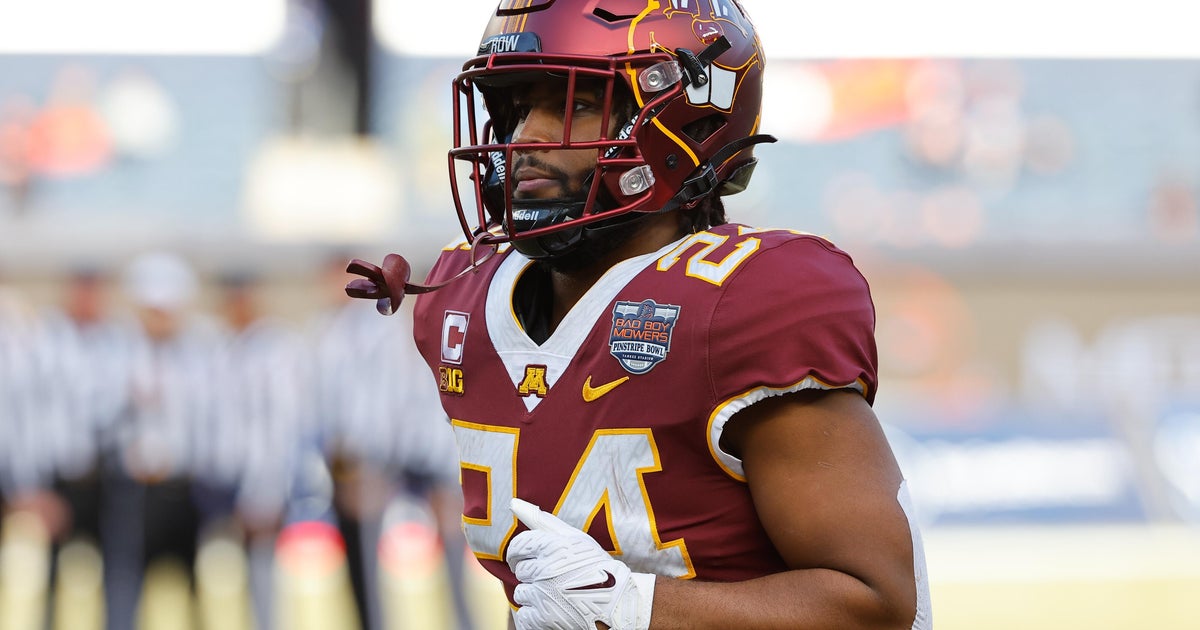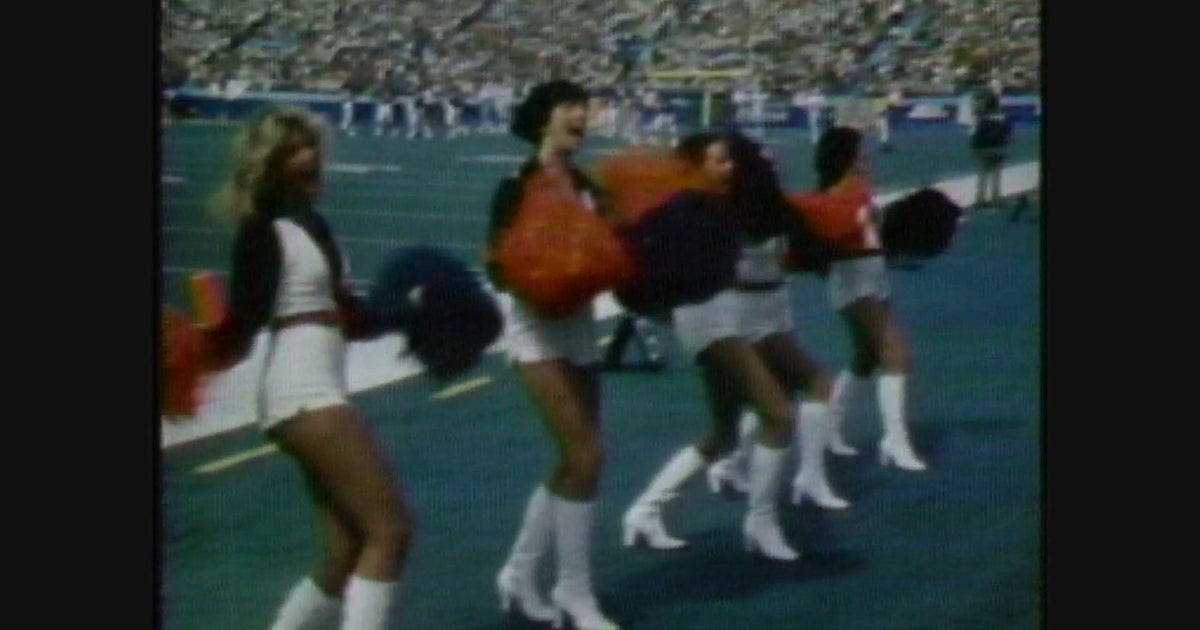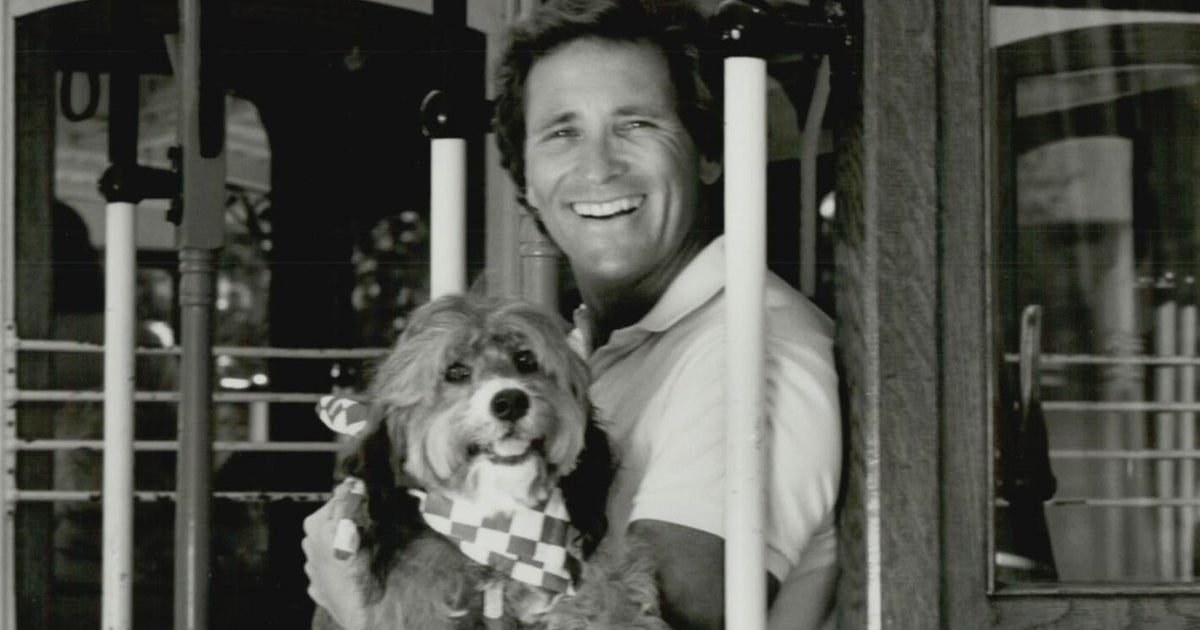Vikings Ironman, Hall Of Famer Mick Tingelhoff Dies At 81
MINNEAPOLIS (AP) — Hall of Fame center Mick Tingelhoff, the ultimate ironman who started 240 consecutive games at a bruising position for the Minnesota Vikings and played in four Super Bowls, has died. He was 81.
Undrafted in 1962, Tingelhoff played 17 years for the Vikings and was never sidelined once. His games started streak is the third longest in NFL history, behind only Brett Favre (297) and Jim Marshall (270). Philip Rivers tied Tingelhoff last season before retiring.
"Mick was one of those guys who, when they made him, the mold was thrown away," his former teammate, Chuck Foreman, said in an interview on Saturday after the Vikings and the Pro Football Hall of Fame announced Tingelhoff's death.
No cause was given. Tingelhoff's cognition had been in decline, the toll of playing a punishing position for so long during an era when safety measures were scant. He was in the first wave of former players who joined the concussion lawsuit filed against the league a decade ago, alleging they were misled about the long-term effects of head injuries. The 2013 settlement will cost the NFL an estimated $1 billion over a 65-year period.
Tingelhoff grew up on a farm in Nebraska and played for the home state team, before latching on with the Vikings and making the switch from linebacker during the preseason of his rookie year. He became the anchor of an imposing offensive line that helped them win 10 division titles in an 11-season span from 1968-78. He was a five-time All-Pro selection, despite his undersized listing of 6-foot-2 and 237 pounds.
"Mick was a catalyst for our team and one of the most respected players on those teams," former coach Bud Grant once said. "I have no doubt that had he not played center he would have been a Hall of Fame linebacker. He played center with the mentality and tenacity of a linebacker. Mick's intangibles were the thing that made him so great. He was a captain the whole time I coached him, and guys looked at him as an example of how to do things."
Foreman joined the team in 1973 and made the Pro Bowl his first five years, passing the 1,000-yard mark for rushing in three straight seasons from 1975-77 due in large part to the blocking and leadership in front of him from Tingelhoff.
As a rookie, Foreman recalled in a phone conversation with The Associated Press, Grant told him to pay close attention to Tingelhoff and fellow running back Dave Osborn.
"He said, 'Just do everything those guys do, and you'll be all right,'" Foreman said. "I don't think you could give a better compliment to a teammate."
Tingelhoff also had a big hand in the success of quarterback Fran Tarkenton, another one of the six Hall of Famers from Minnesota's dominant teams from the 1970s. Tingelhoff's No. 53 jersey was retired in 2001 when he was inducted into the Vikings Ring of Honor.
"He gave 150% every play," Foreman said. "That's what separated him from everybody else."
Tingelhoff met his wife, Phyllis, at Nebraska and was already married by the time the 20-round NFL draft was staged in 1962. Despite being passed over, he was determined to make it as a pro and played with that same verve from start to finish of his career.
Tingelhoff had to wait 31 years for induction into the Hall of Fame after he first became eligible, finally having his moment in 2015 through election by a senior committee. Tarkenton was his presenter. His speech was brief, as he joined Tarkenton, defensive tackle Alan Page, safety Paul Krause, offensive tackle Ron Yary and defensive end Carl Eller in Canton, Ohio. Grant, the coach, is also enshrined there.
(© Copyright 2021 The Associated Press. All Rights Reserved. This material may not be published, broadcast, rewritten or redistributed.)







